
Bolivia Animals
Follow the Trail of Wild Nature – Nature Tourism in Bolivia
Nestled in the heart of South America, Bolivia is a country of extraordinary biodiversity, boasting a range of ecosystems from the soaring peaks of the Andes to the lush expanses of the Amazon Basin. This rich variety of habitats provides a home for an incredible assortment of wildlife, making Bolivia a haven for animal enthusiasts and eco-tourists alike. The country's commitment to conservation and its numerous protected areas ensure that many species continue to thrive in their natural environments.
Embark on an exploration of Bolivia's wildlife and you'll encounter the majestic jaguar, the largest feline in the Americas, stealthily navigating the dense foliage of the Amazonian rainforest. In the sky, the Andean condor, with its impressive wingspan, soars above the mountainous terrain, while the pink river dolphin playfully navigates the murky waters of the pampas. Bolivia's rich avian life also includes the vibrant macaws and the rare Andean cock-of-the-rock, both adding splashes of color and melody to the country's natural symphony. Join us as we delve into the fascinating world of animals that call Bolivia their home.
Mammals of Bolivia
Venturing into the heart of South America, Bolivia boasts a rich tapestry of mammalian life, with species ranging from the elusive jaguar to the industrious capybara. Jaguars, the continent's top predators, prowl the dense forests of Madidi National Park, while capybaras, the world's largest rodents, are commonly spotted lounging along the muddy banks of the pampas. The Andean mountain range is home to the spectacled bear, the only bear species in South America, which forages through the cloud forests. In the vast savannas of the Gran Chaco, one might catch a glimpse of the giant anteater ambling in search of termite mounds. These mammals, among others, form an integral part of Bolivia's diverse and vibrant ecosystems.
Birds of Bolivia
Bolivia, with its diverse ecosystems, is a haven for bird enthusiasts, boasting a spectacular array of avian species. In the lush Amazonian rainforests, one can marvel at the vibrant plumage of macaws, particularly the striking Blue-throated Macaw, a species endemic to this region. The Andean highlands are home to the majestic Andean Condor, soaring with a wingspan that can reach up to three meters. In the sprawling savannas of the Llanos de Moxos, the peculiar Hoatzin, with its prehistoric appearance, can be observed clumsily clambering among the branches. Bolivia's avifauna is a testament to the country's rich biodiversity, offering birdwatchers a glimpse into the heart of South America's birdlife.
Reptiles, Amphibians
Top Spots for Wildlife Observation in Bolivia
- Madidi National Park, nestled in the upper Amazon river basin of Bolivia, is one of the most biodiverse places on Earth. Here, visitors can encounter the majestic jaguar prowling through the rainforest, groups of spider monkeys swinging from tree to tree, and the rare spectacled bear. The park's vast array of habitats also supports colorful macaws, the giant otter in its riverine environments, and the elusive puma.
- Noel Kempff Mercado National Park, located in the northeastern part of Bolivia, is a UNESCO World Heritage site that boasts an impressive array of wildlife. This park is home to the pink river dolphin in its waterways, the capybara - the world's largest rodent, and the maned wolf. Bird enthusiasts can marvel at the red-and-green macaw and the harpy eagle, one of the largest eagles in the world.
- Amboró National Park, where the Andes meet the Amazon, offers a unique mix of cloud forest and lowland rainforest ecosystems. This park is a haven for the Andean condor, seen soaring above the mountains, and the Bolivian tapir trudging through the underbrush. The park also shelters the ocelot, various species of toucans, and the blue-throated macaw, endemic to Bolivia.
- Kaa-Iya del Gran Chaco National Park, the largest national park in Bolivia, is situated in the dry Chaco region. It is one of the last strongholds for the Chacoan peccary, which was once thought to be extinct. The park also provides a habitat for the armadillo, the South American jaguar, and the Chacoan guanaco. Birdwatchers might spot the greater rhea, a large flightless bird, roaming the open plains.
- Tunari National Park, located in the Cochabamba Department, is known for its high-altitude grasslands and mountainous terrain. The park is a refuge for the Andean fox, the mountain vizcacha, and various species of hummingbirds. The Andean condor can also be seen here, gliding on thermal currents.
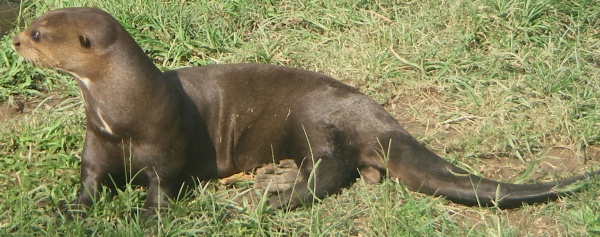
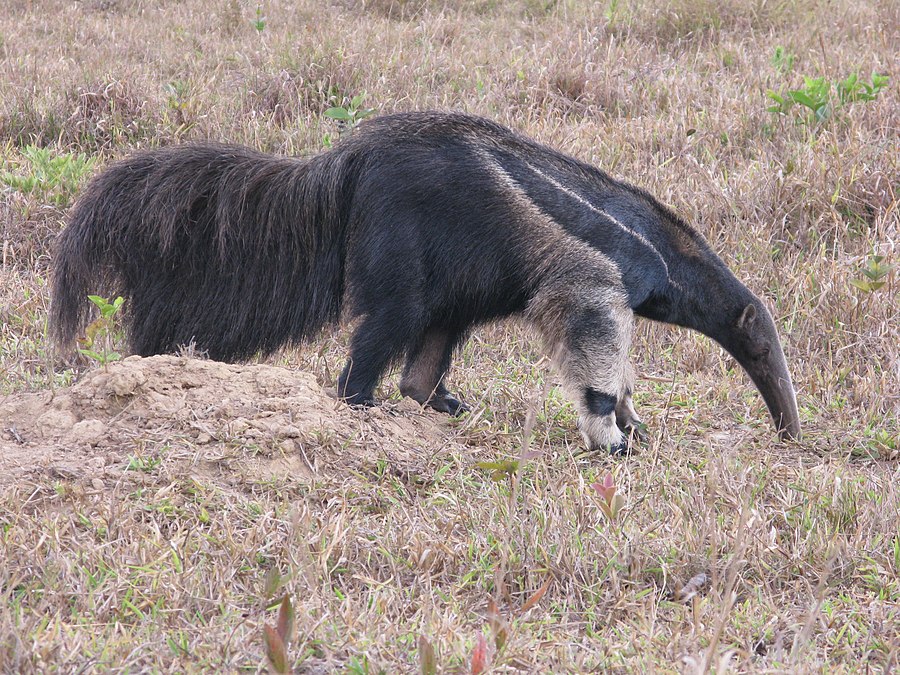
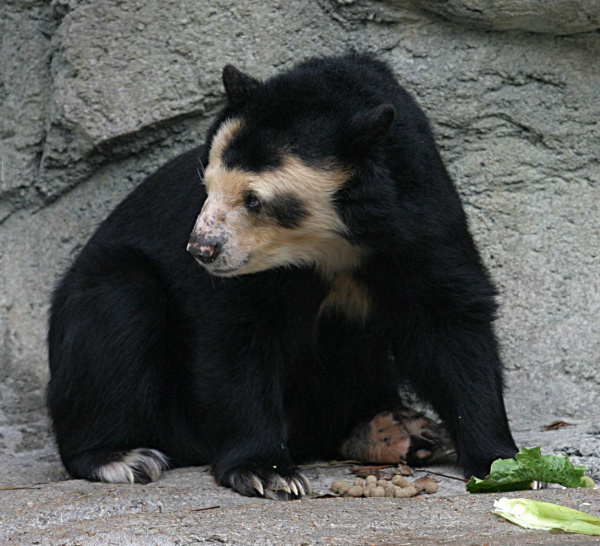
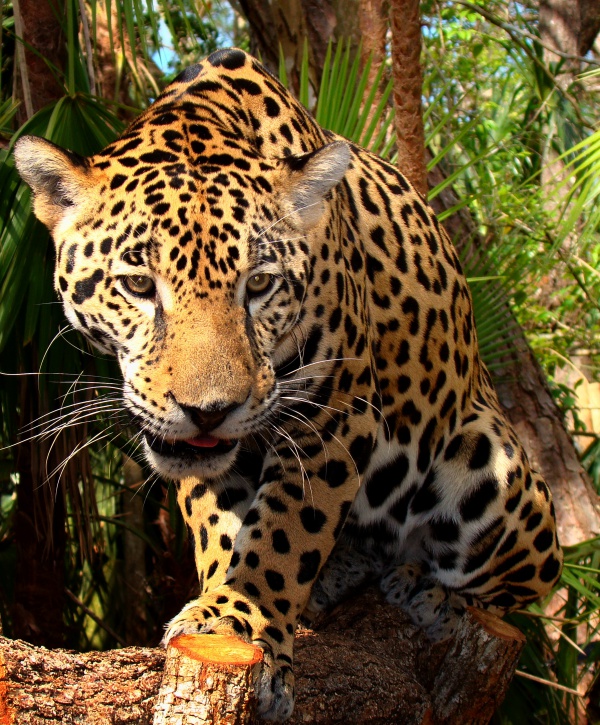
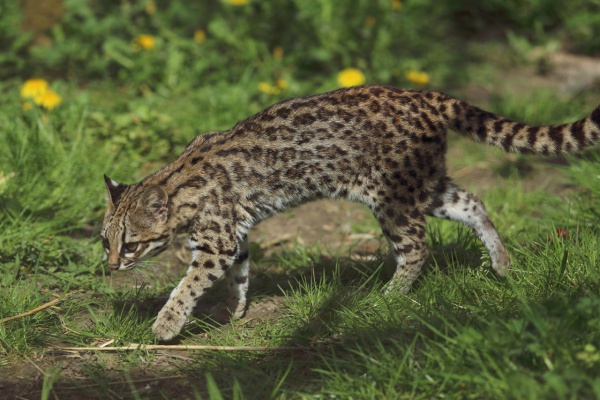
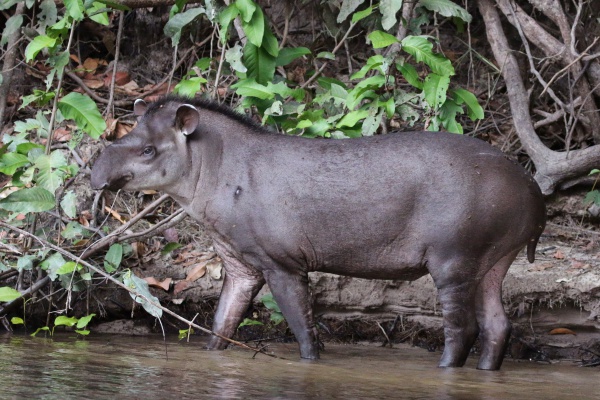
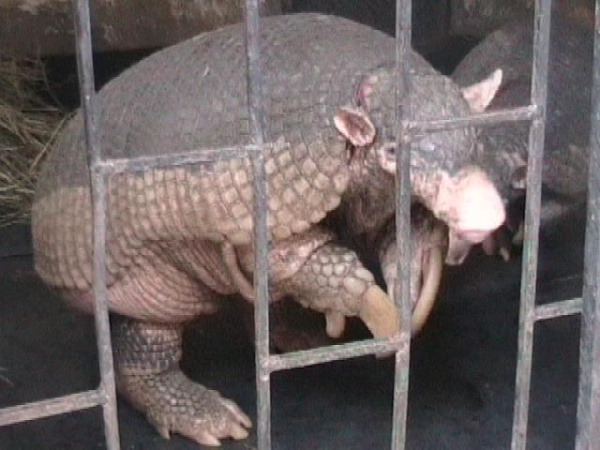
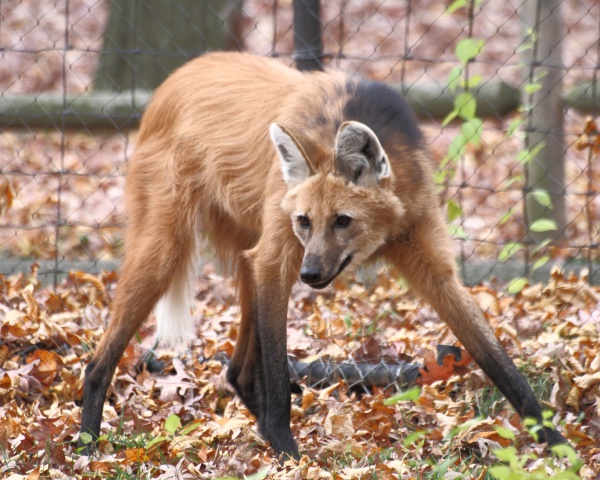
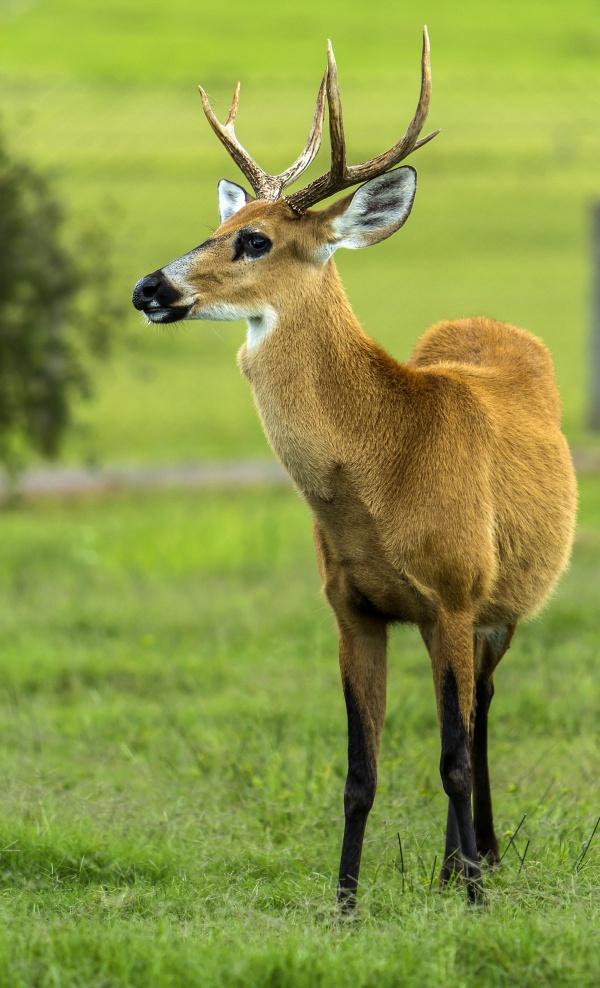
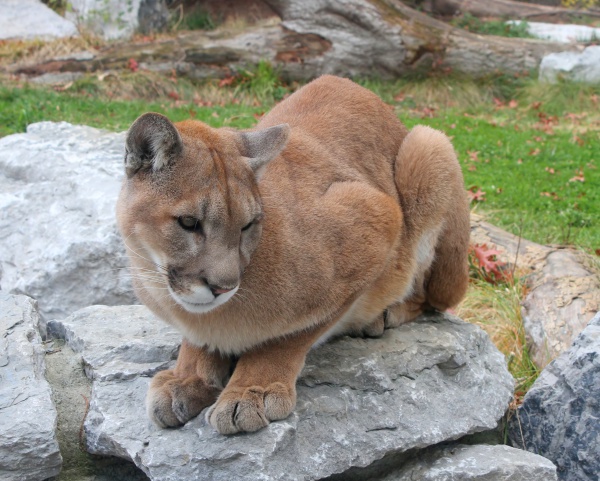
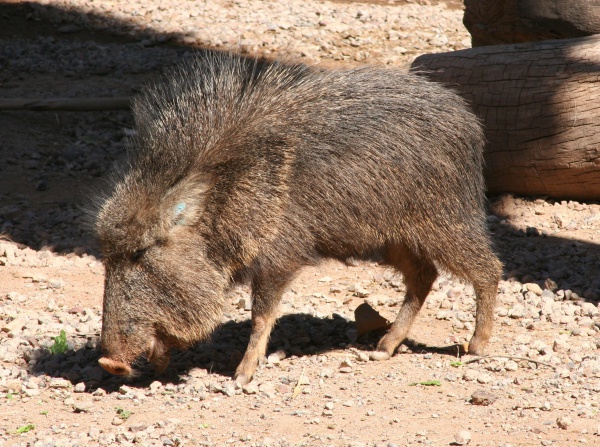
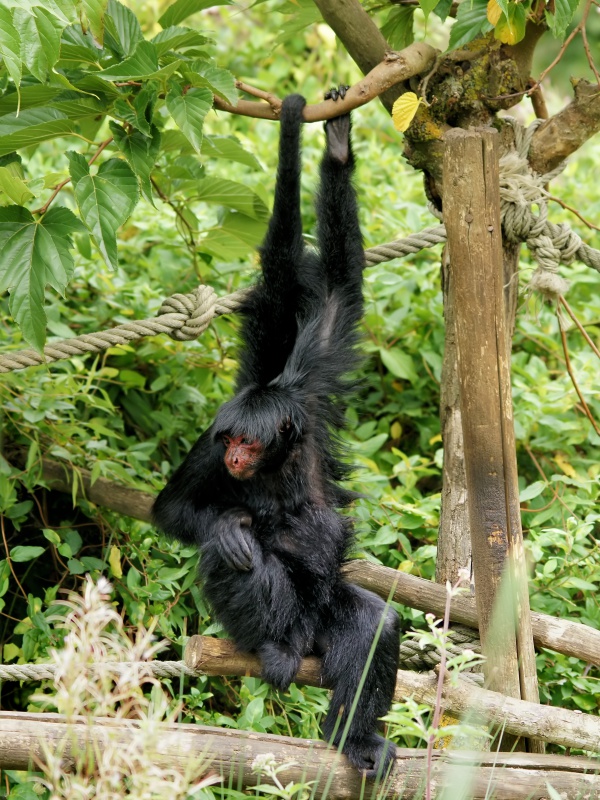
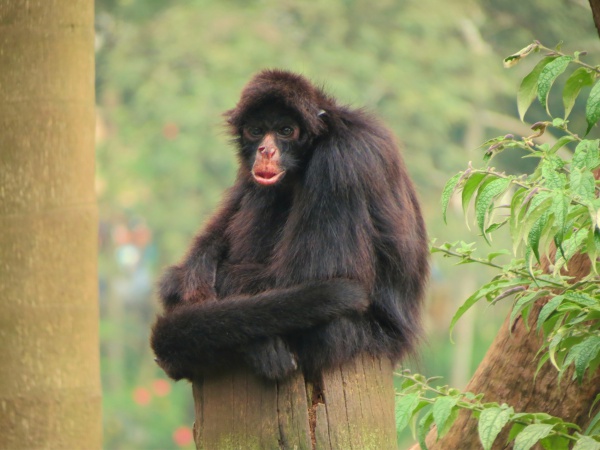
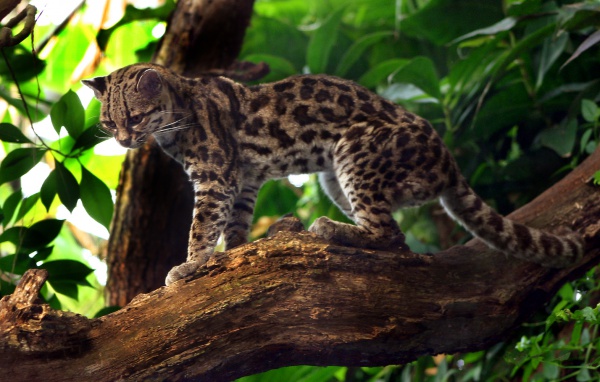
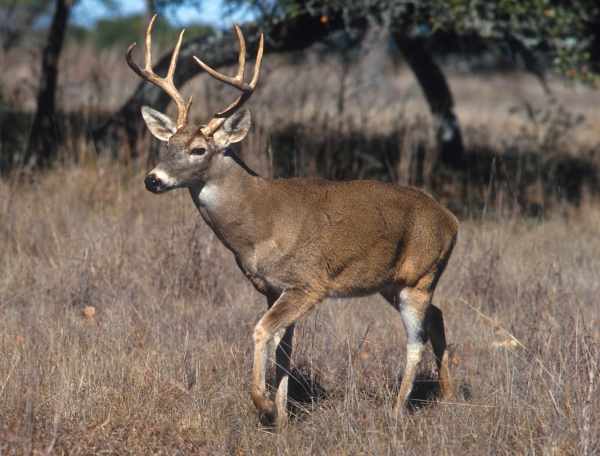
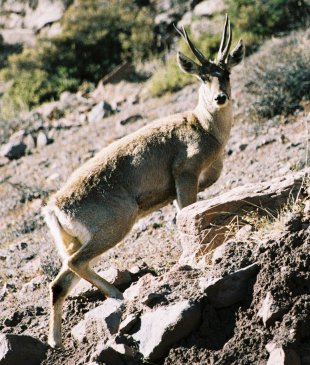
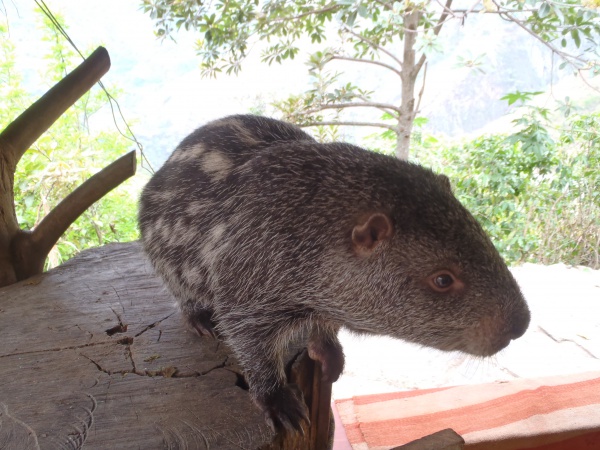
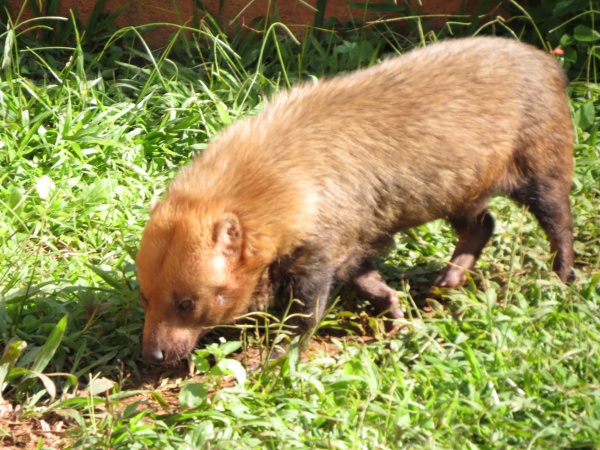
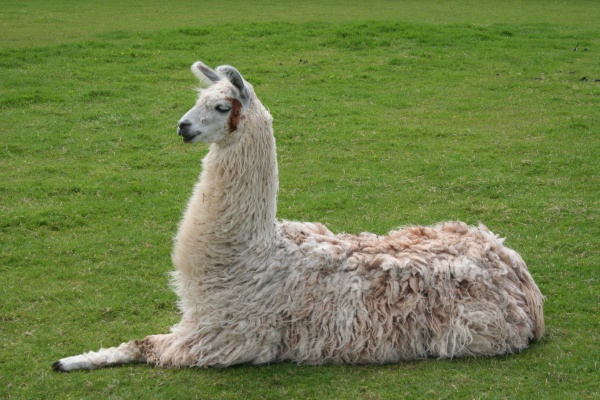
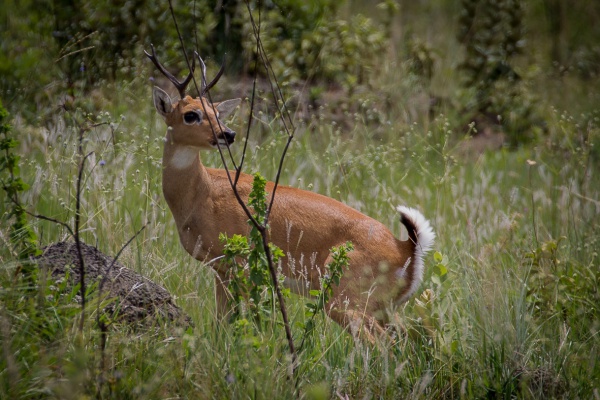
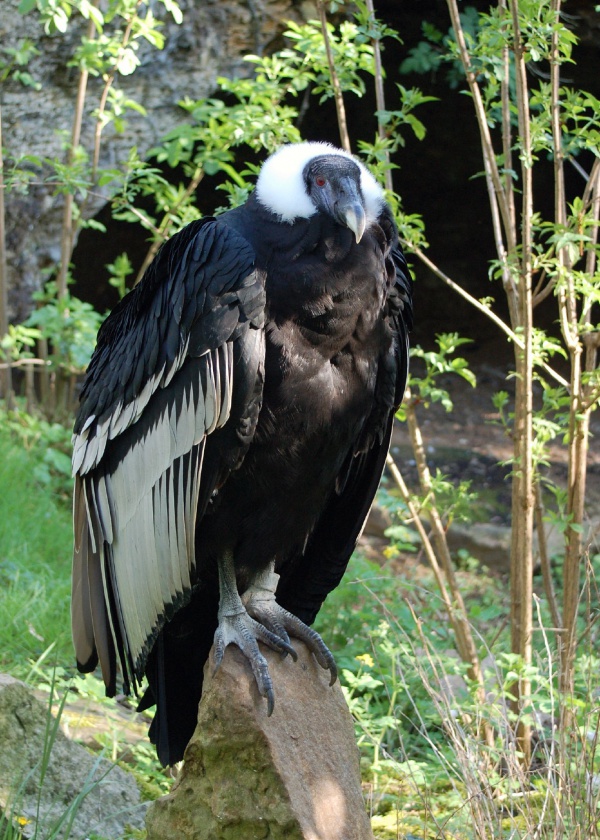
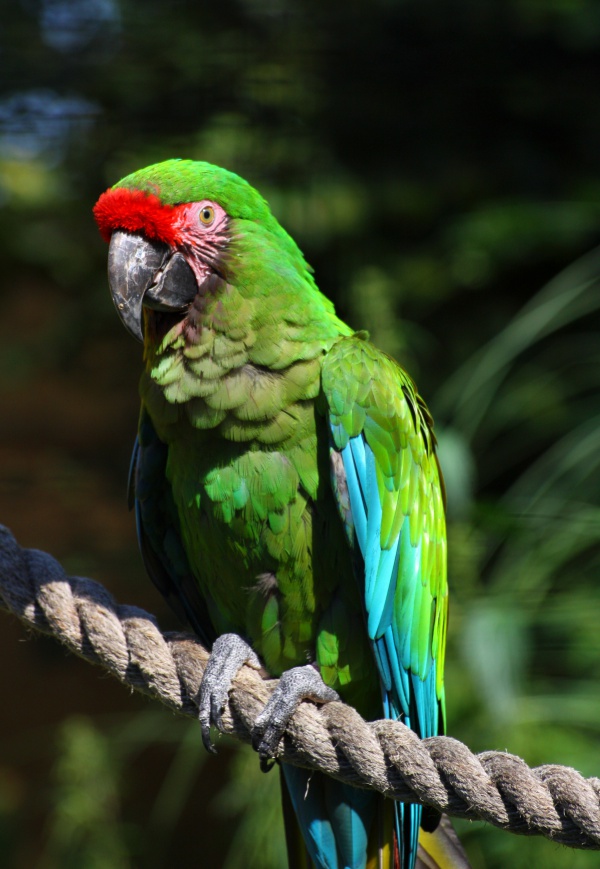
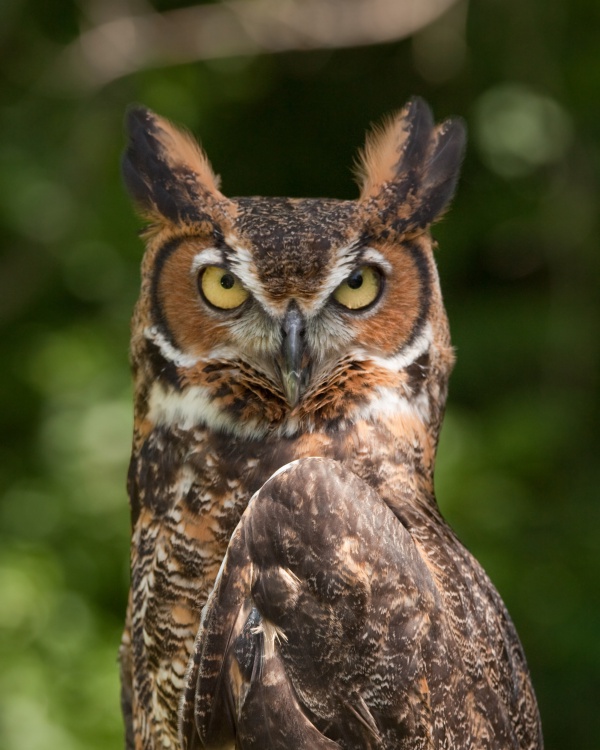
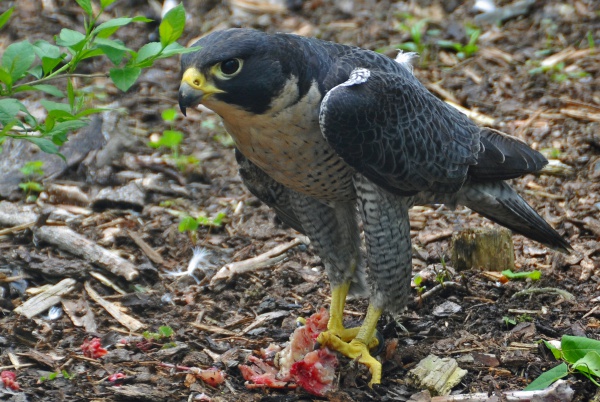
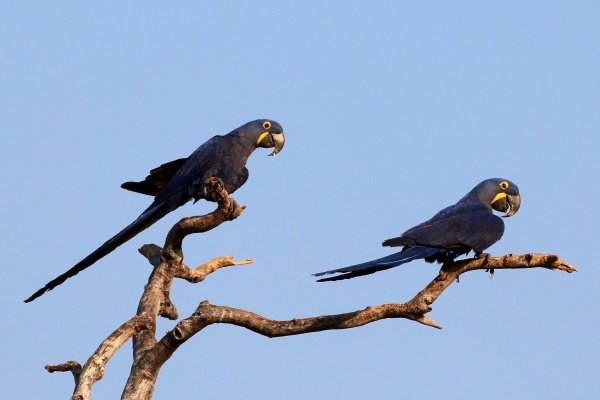
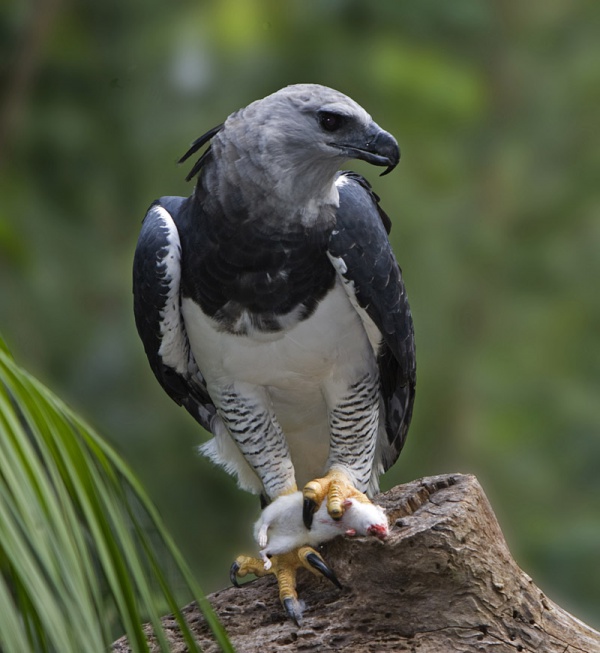
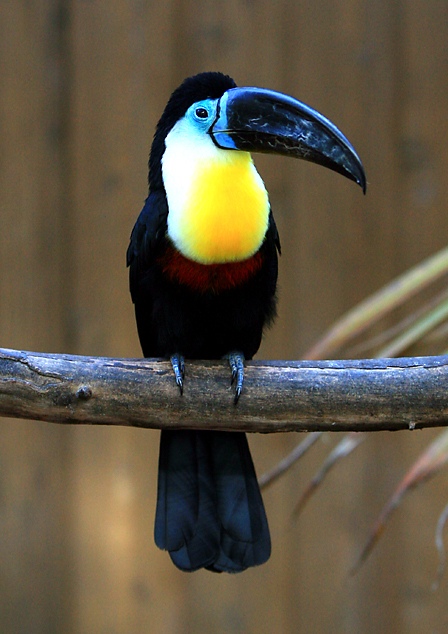
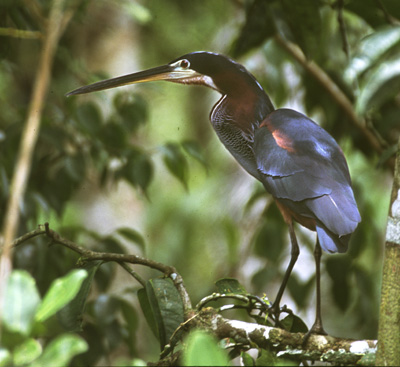
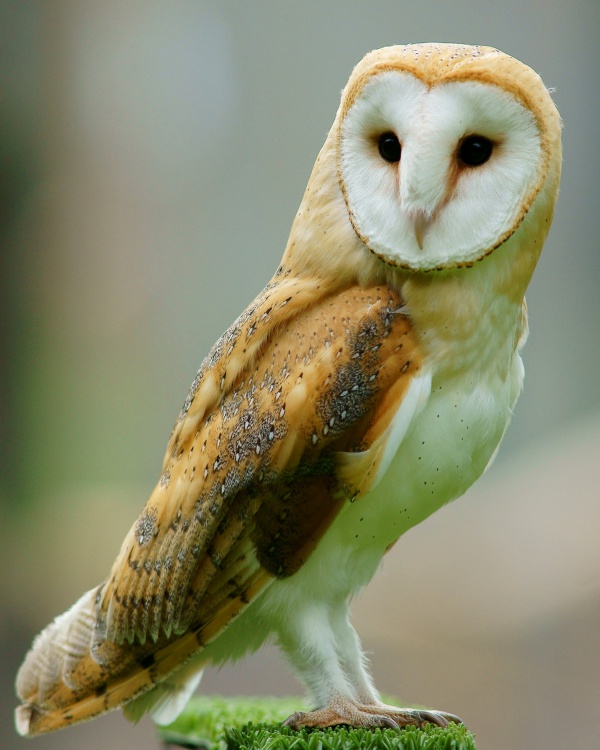
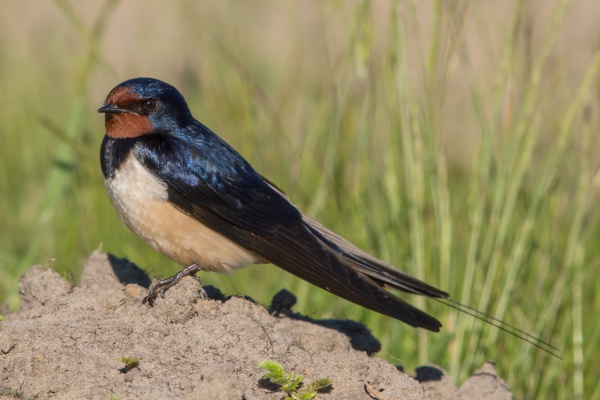
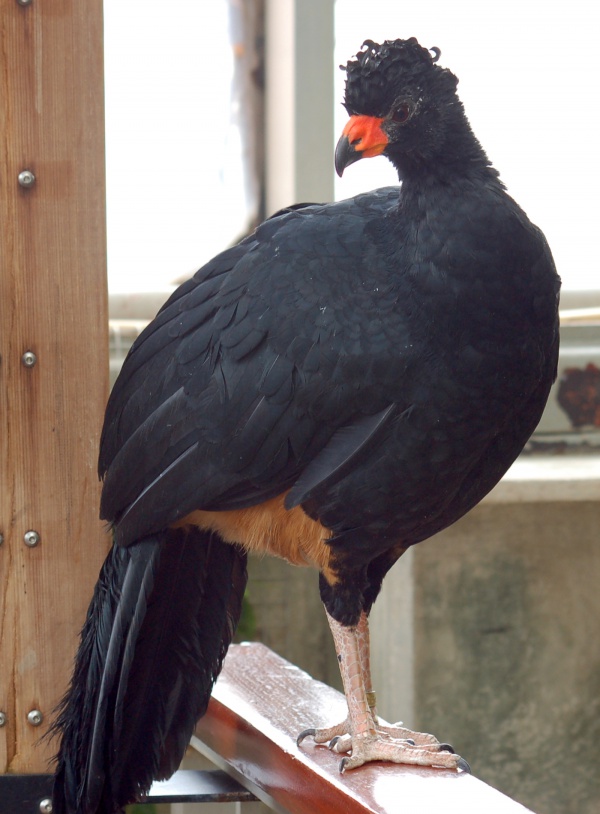
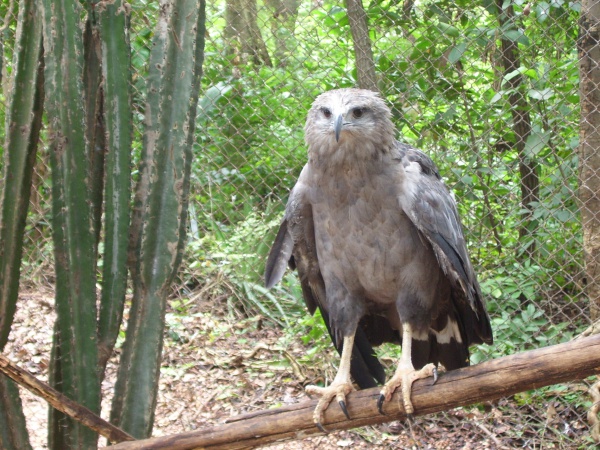
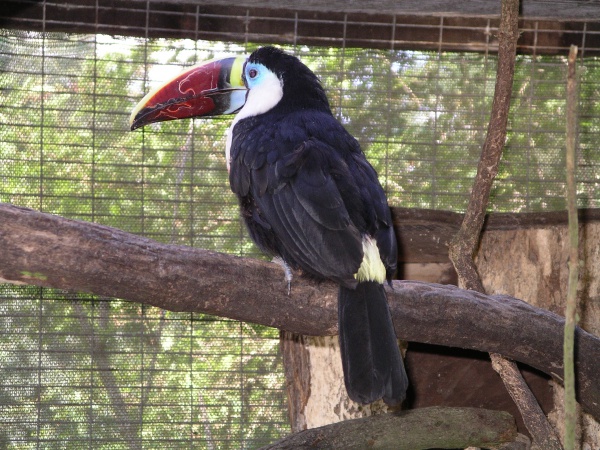
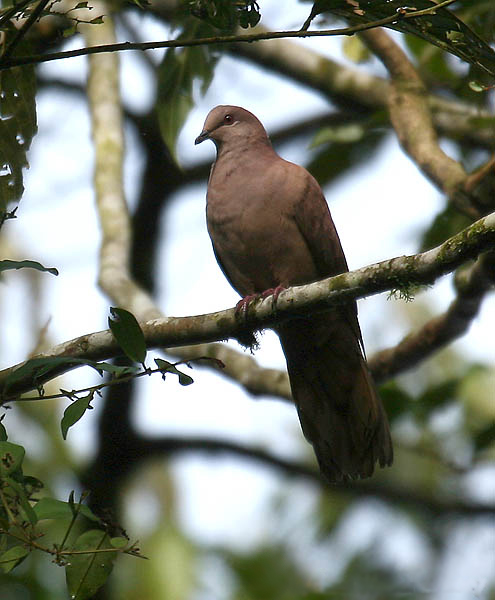
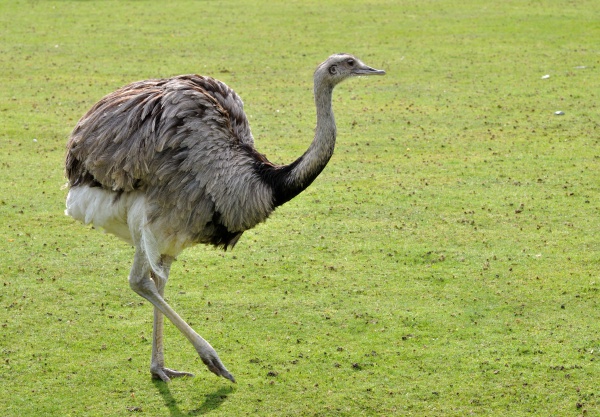
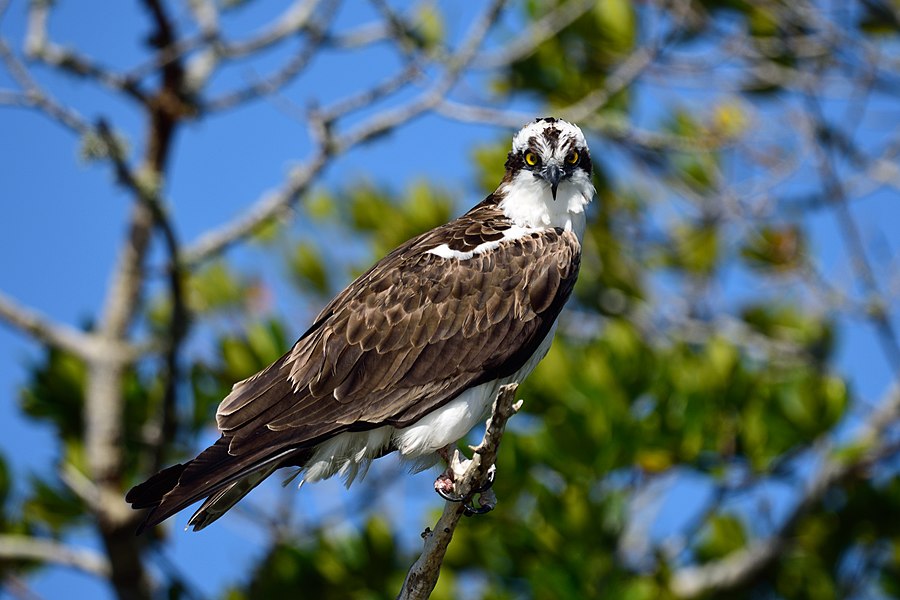
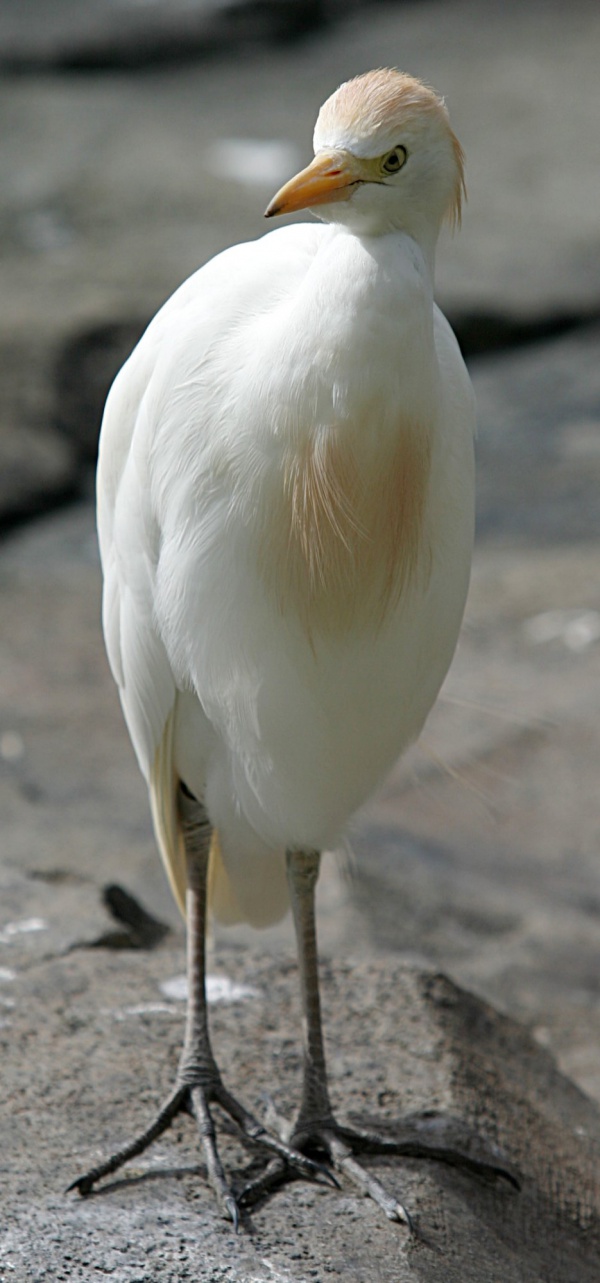
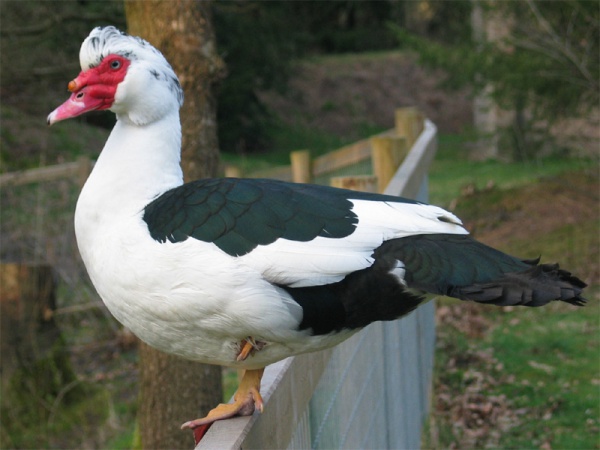
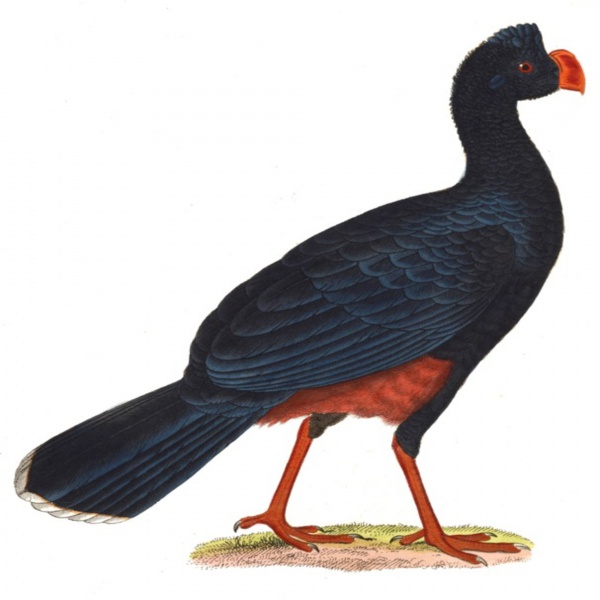
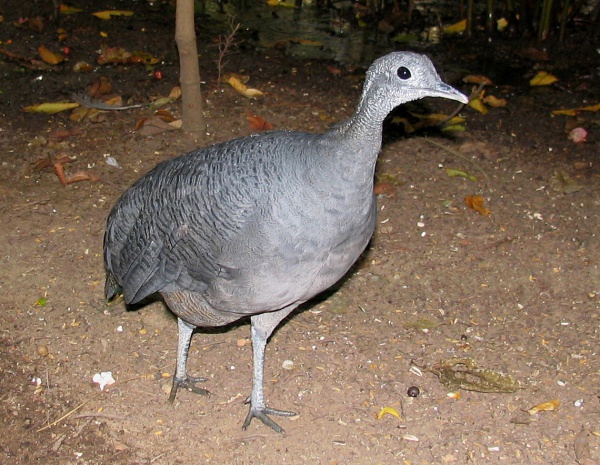
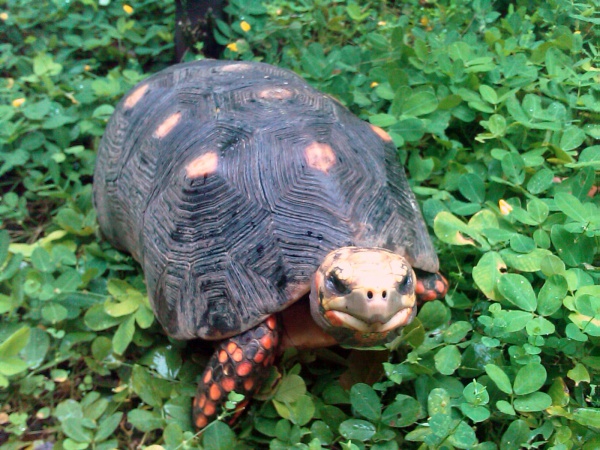
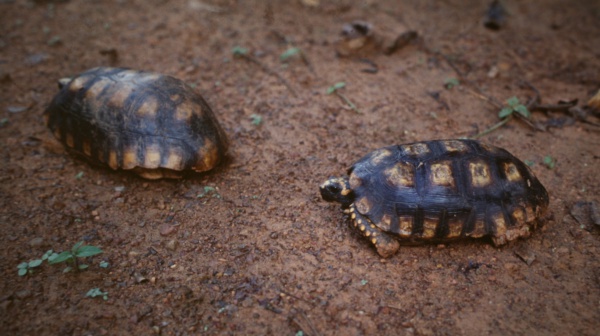

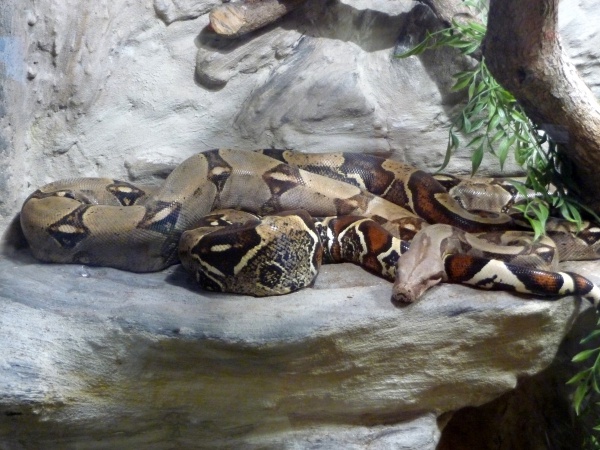
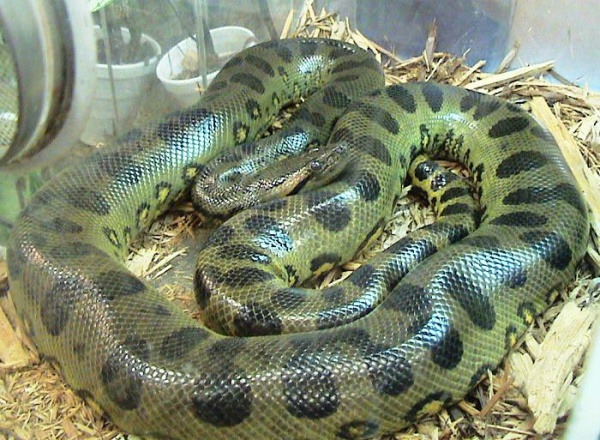
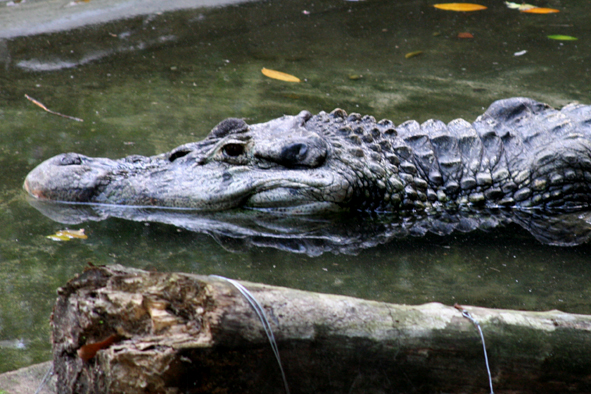
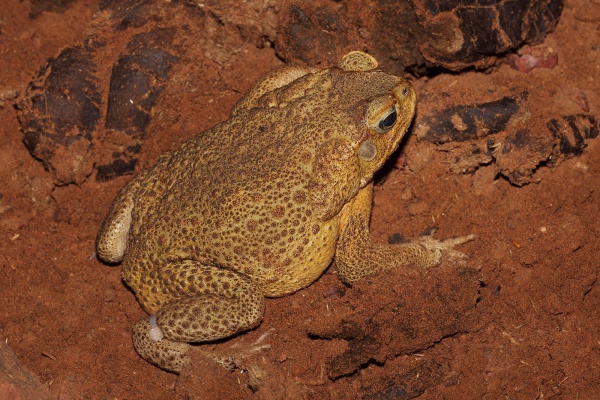
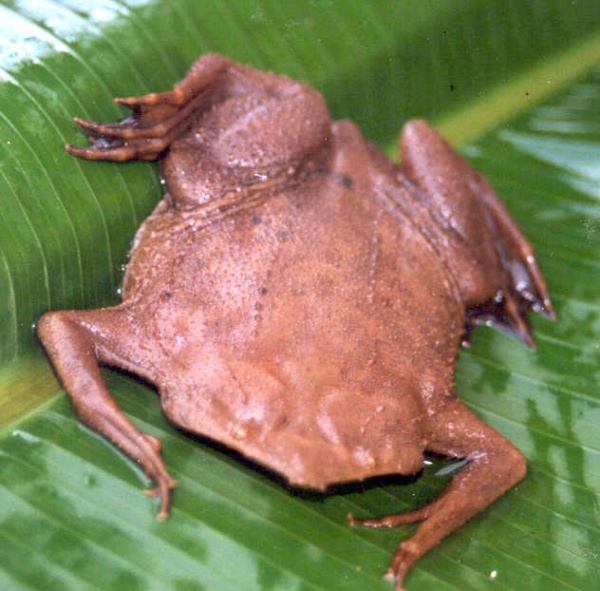
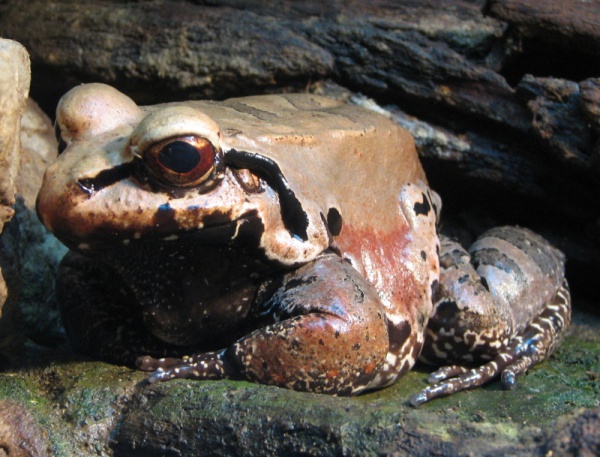
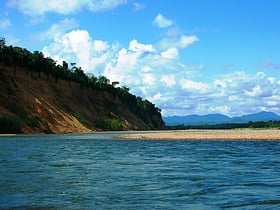
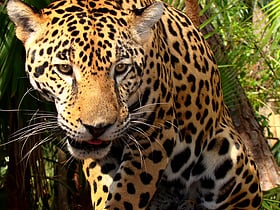
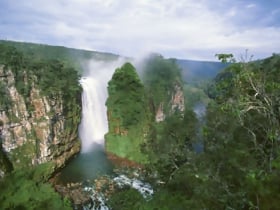
 Argentina
Argentina